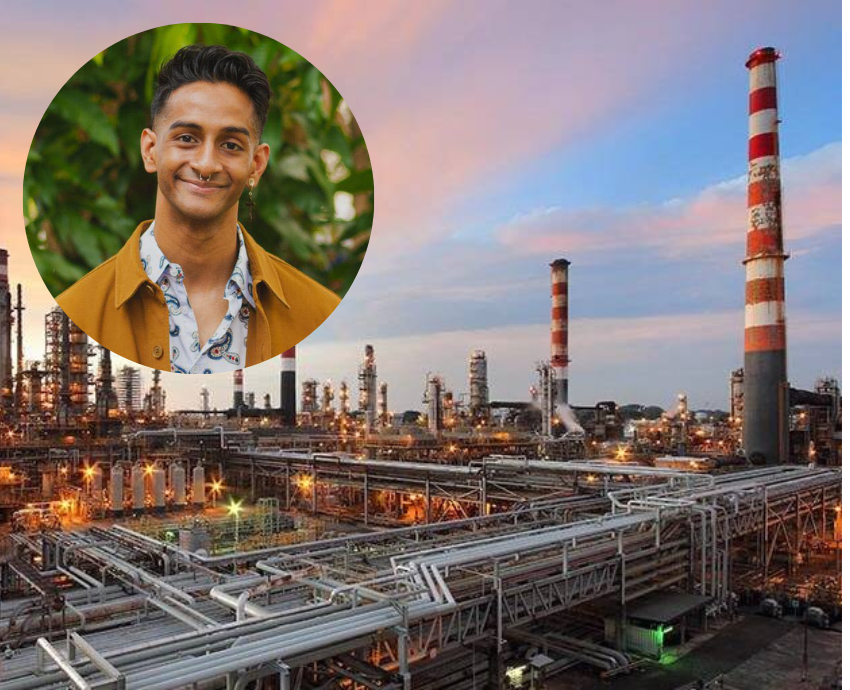
Kristian-Marc Paul is an activist in the Singapore climate justice collective SG Climate Rally and is one of the co-editors of Brown is Redacted: Reflecting on Race in Singapore (2022), an anthology on minority race narratives in Singapore. He will be one of the guest speakers at the Ecosocialism 2023: A World Beyond Capitalism conference in Naarm/Melbourne on July 1–2. He spoke to Peter Boyle about environmental politics in Singapore.
What is the level of public consciousness about the global climate emergency?
In Singapore we don’t have the issue of state leaders actively denying the climate crisis and there is broad recognition that it is real, but the public discussion is mainly about individual action being the solution. So the focus is on individual actions such as using less plastic, turning off the lights or showering less often and this distracts people from the structural issues and Singapore’s complicity in the climate crisis.
There is little awareness of how this problem is deeply tied to capitalism extracting and squeezing as much resources from labour and nature to maximise profits.
Singapore has a large oil refinery industry and about 45% of Singapore’s carbon emissions come from this sector. ExxonMobil has the eighth largest oil refinery in the world here in Singapore and Shell has the 15th largest refinery here.
A lot of Singapore’s wealth has been built from extraction, processing and exporting produce from its less-developed and poorer neighbouring countries. Is the environmental impact of this officially recognised?
One would think this would be something that would be impossible to ignore in Singapore but this is not the case. Even people in the environmental movement sometimes do not see Singapore’s complicity and our responsibility for some of the major environmental issues facing our regional neighbours.
Singapore loves reclaiming land from the sea and it imports sand from our regional neighbours to do this. But some of our neighbours have had to stop selling sand to Singapore because it has so seriously devastated local ecosystems and people’s livelihoods. But it is hard to find out which companies (including government-owned companies) and government departments are directly responsible for this because the system is so opaque.
Singapore is like an urban core country taking from its neighbours in its periphery. There is a sort of imperialism happening here in Singapore.
Global warming here in Singapore also most severely impacts the migrant workers (many from poorer neighbouring countries) who do all the hard work, often outside, literally building Singapore. It is also very difficult for these migrant workers to fight for better pay and conditions because of their precarious work passes.
The climate crisis is a public health issue and we saw during the COVID-19 pandemic how our health care system was incredibly stretched. So we need to be prepared.
Singapore has been a “guided democracy” and pretty much a one-party state under the People’s Action Party which has cracked down very heavily on dissent. How does this affect climate activism?
I think there has been a shift over the years. Over the past few elections, opposition parties have been gaining a few more seats in parliament. There has also been an attitude shift with the younger generation who think that material comfort alone is not enough. Even that material comfort is not as assured because rents have gone up drastically and there is no regulation of landlords. Employment has also become more precarious. So the social contract that the government previously sold the public is unravelling.
But the Singapore state has very broad powers and it has a history of using these powers to stifle dissent.
They have laws against “foreign interference” and “online falsehoods” which are incredibly broad and vague. This helps perpetuate a culture of self-censorship.
So I am cautiously optimistic.
[To book tickets for Ecosocialism 2023, visit the conference website.]